Nigeria is a land of beauty
Nigeria is a very beautiful country. Here you can see people from almost every continent. Nigeria is highly populated and is often referred to as the "Giant of Africa". It is one of the best places to relax and have fun. Nigerians are kind and well-behaved. Nigeria has the prettiest black girls you can ever think. Men are not left behind either.
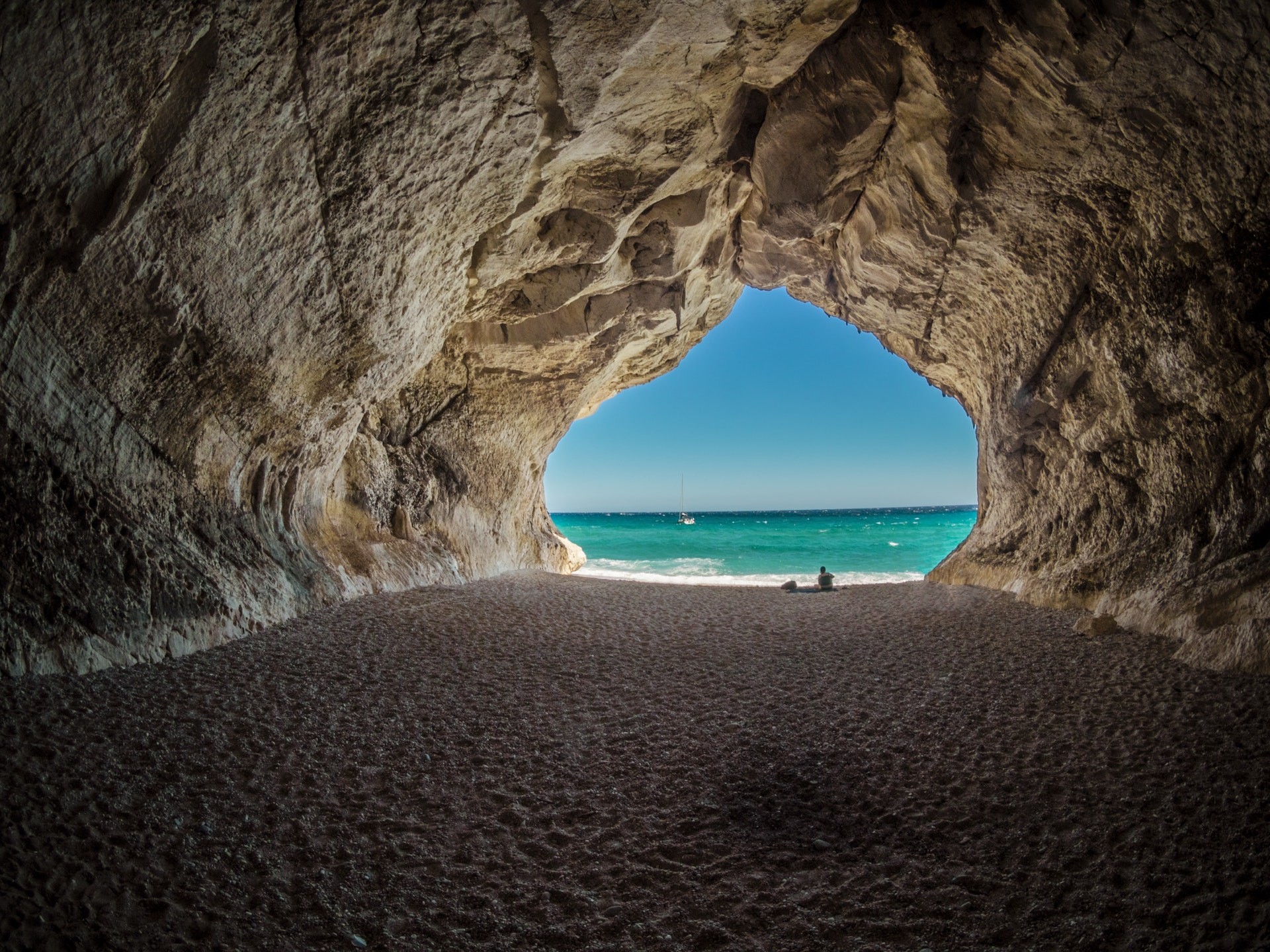
The official language of Nigeria is English. However, the three main languages spoken in Nigeria are indigenous—Hausa, Igbo and Yoruba. In fact, when you come down here, you will discover that Nigerians speak over 1,000 different languages, like Efik, Urhobo, Itsekiri, Nupe, Gwari, Igala, Igbira, Fulani...
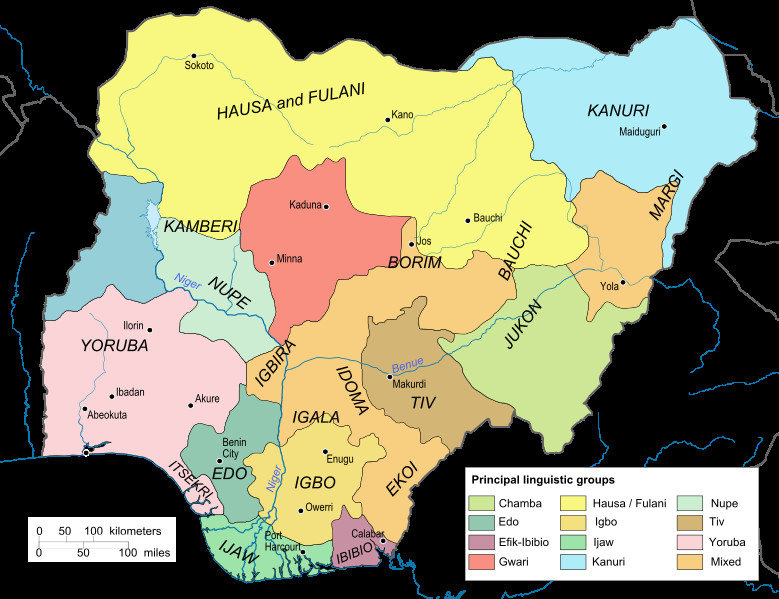
I love Nigerian cuisine. Every tribe has its own traditional dishes. The Yorubas eat Efo riro (vegetable soup with stockfish, palm oil, crayfish and other ingredients), Gbegiri soup (beans soup), Omi Obe (watery stew), Àmàlà (made out of yam and/or cassava flour) or Ewa Agoyin (cooked beans served with tomato and pepper stew).
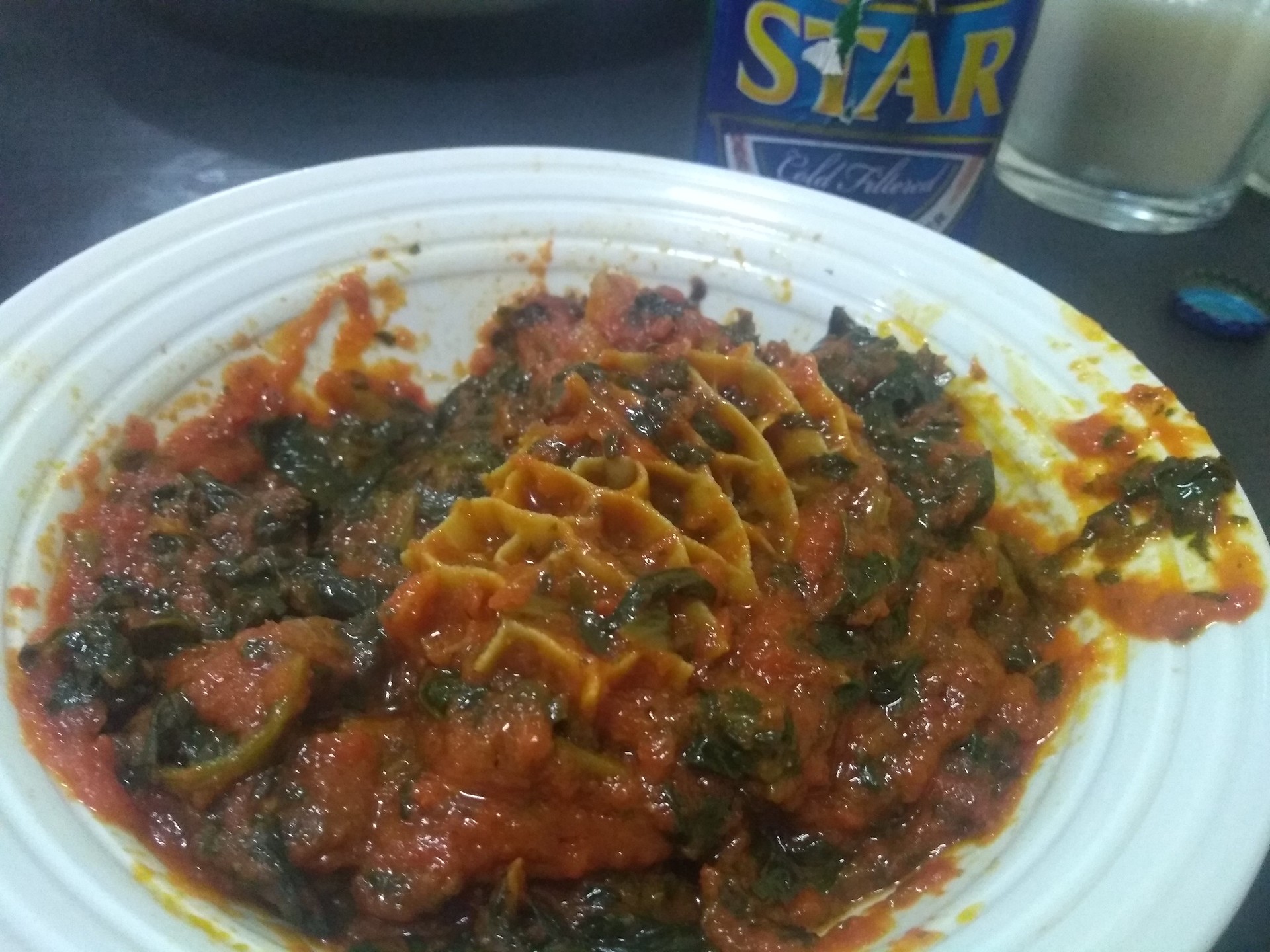
The Igbos eat Egusi soup, Ogbono soup, Oha soup, Ofe Akwu (palm nut soup), Ofe Onugbu (bitter leaf soup), Ofe Nsala (made with small pieces of yam with utazi leaves), Ofe Owerri (Owerri soup), Akpu (a wet paste made from cassava), Utala Ji (pounded yam).
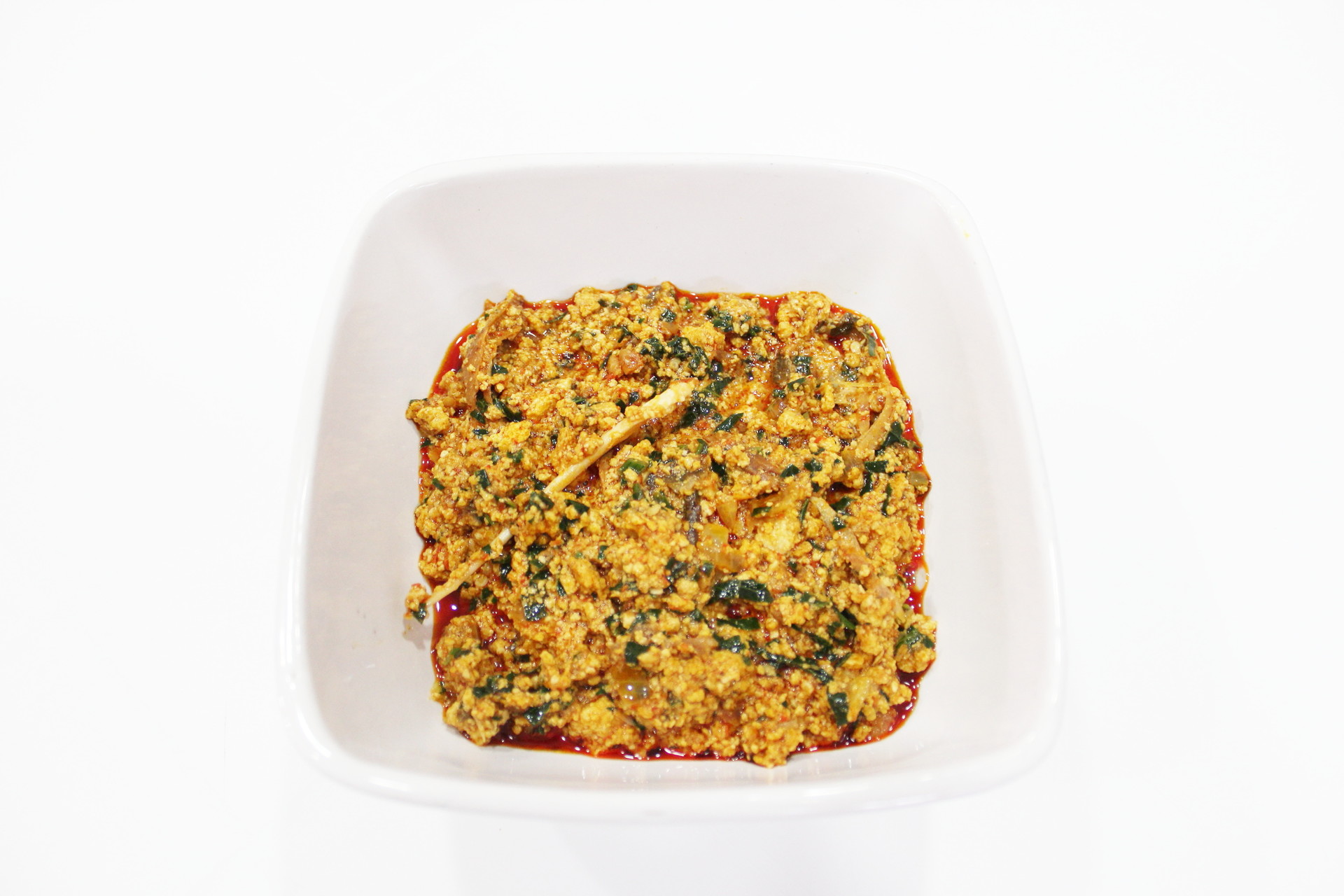
The Deltans, those living around the Niger Delta, eat Banga soup (a type of palm fruit soup), Ofe Achala (pickled green papaya soup) and starch.
The Hausa eat Miyan kuka (made from powdered baobab leaves and dried okra), Busheshe kubewa...
The Calabars (from Calabar) eat Afang soup (vegetable soup), Edikaikong soup (made with fresh leafy vegetables, dried fish and assorted meat), Ikpankukwo...

Generally, Nigerians eat semolina, pounded yam, fufu, Jollof rice, beans porridge and a great many others. In Nigeria, there is plentiful food.
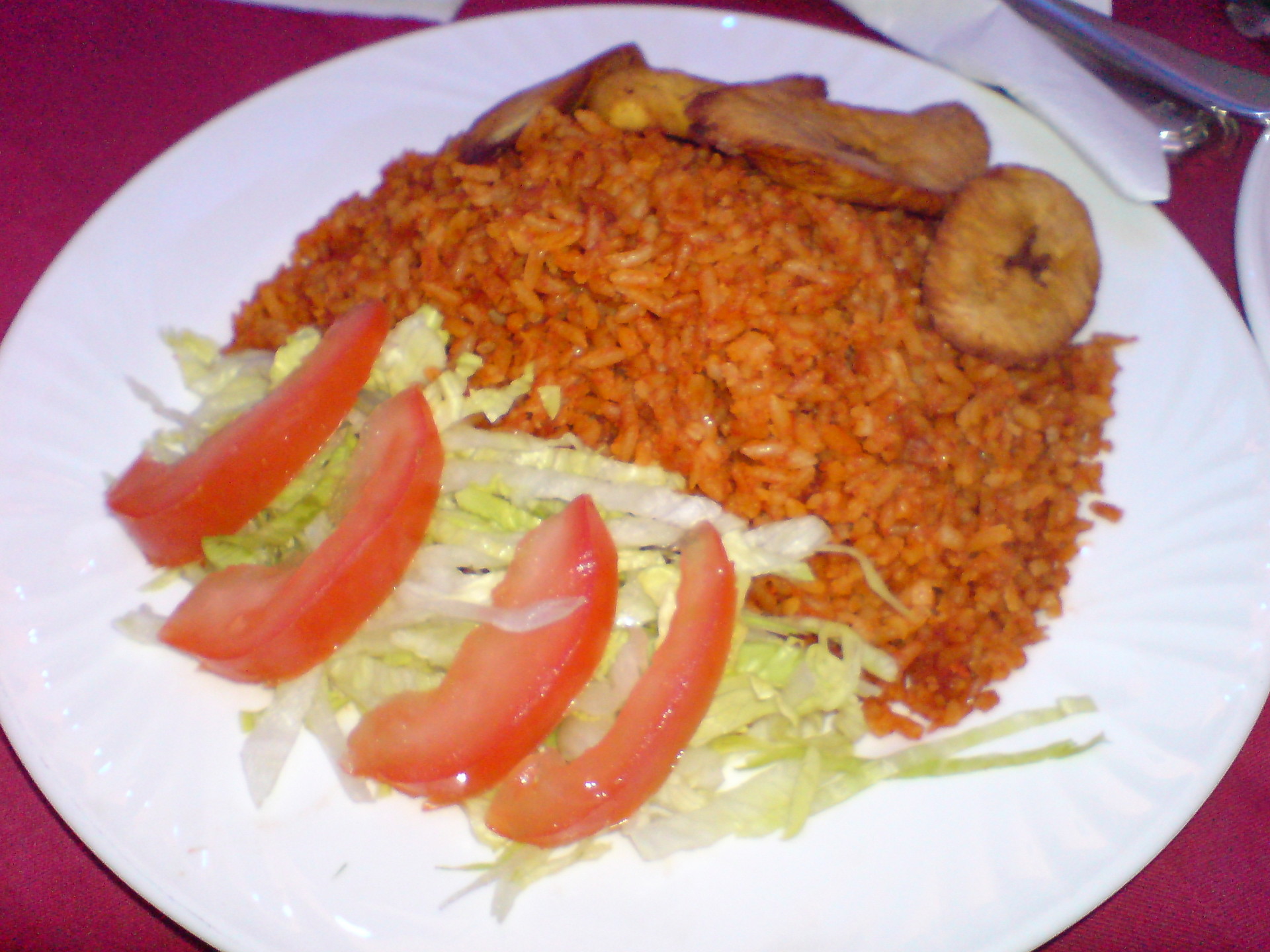
Nigeria has a very rich culture. Other countries all over the world come to visit Nigeria and take back their traditions to their own countries. Nigerians have table manners, i. e., they follow specific rules when eating. Each tribe has its own form of greeting. For example, the Igbos greet bowing down, the Yorubas and the Hausa greet prostraiting.
Nigeria is a home of entertainment. There are many popular dances. E. g. Galala, Shoki, Etighi, Azonto or Alanta. Seasonally, dance events are held in Nigeria to liven up the locals. There are musicians all over the streets, as it turns out that almost everyone here knows how to sing very well. Some music talent TV reality shows are aired in Nigeria, where the most talented ones are selected. It is the case of 'Project Fame West Africa', 'Nigerian Idol', 'Glo Naija Sings' and 'Glo X-Factor'.
Nigeria has two seasons—the rainy season and the dry season. The country also has cold weather and hot weather. The rainy season starts around March and ends in September-October, it varies from state to state. In contrast, the dry season lasts only a few months.
Nigeria is a large exporter. It exports goods like crude oil and agricultural commodities. The crude is converted to kerosene, petrol, fuel and other petroleum products, which are used in driving, cooking and tarring the roads.
Finally, I would like to point out that the Yoruba people live in the southwestern part of Nigeria, while the Igbo people live in the southeastern part of the country. The Hausa live in the northern part of Nigeria, where Boko Haram carried out the bomb attacks. However, now this area is peaceful and safe. Indeed, visitors enjoy some privileges when it comes to stay, eat, work and do many other activities. Foreigners come here to invest in companies, hotels and shopping centres. Therefore you can get anything here so long as you ask the locals for directions.
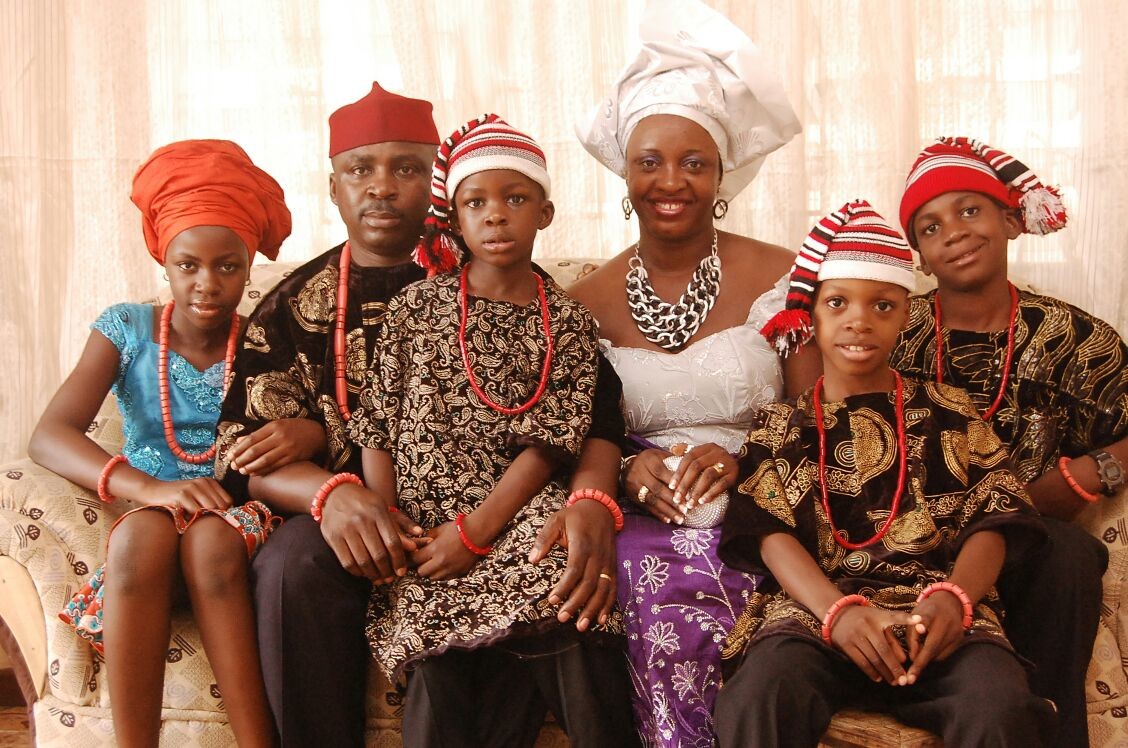

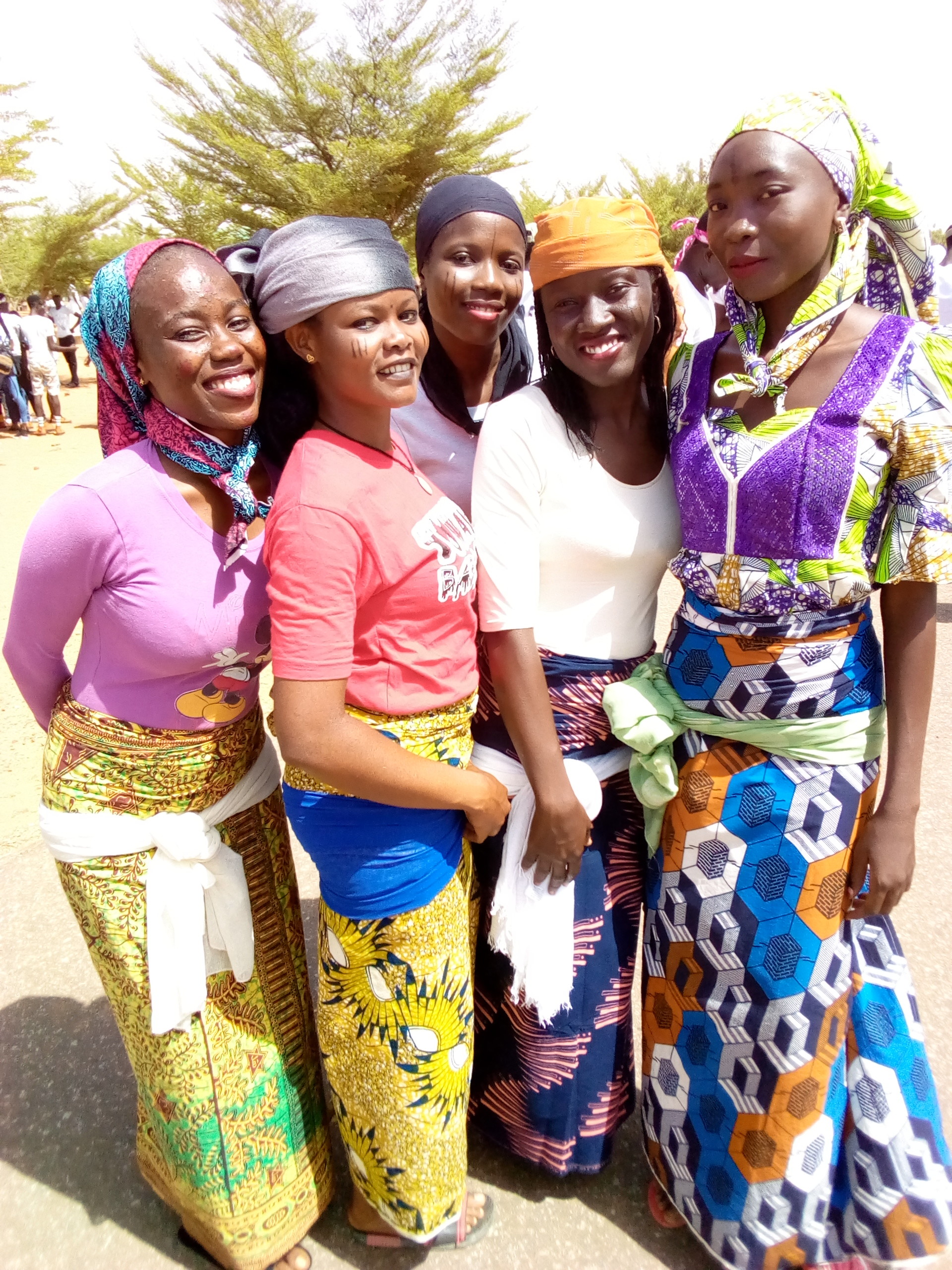
Photo gallery
Content available in other languages
- Español: Nigeria, tierra de belleza
- Italiano: La Nigeria è un paese meraviglioso
- Français: Le Nigéria, un pays magnifique !
Want to have your own Erasmus blog?
If you are experiencing living abroad, you're an avid traveller or want to promote the city where you live... create your own blog and share your adventures!
I want to create my Erasmus blog! →
















Comments (0 comments)